A Glossary Of Terms: Spiritual Sequels
Something I wanted to bring up but couldnt fit into my previous Glossary Essay on Remakes, was the idea of Spiritual Successors. Criminally underappreciated in the industry, I want to write a bit of a “public service essay” on the topic.
31 Games
A Spiritual Successor, sometimes called a Spiritual Sequel, is a work that directly iterates on a previous work in basically every way without sharing a narrative continuity.
The most famous and clear example of this that can be made is of course Demons Souls and Dark Souls, which are both titled in such a way that you might assume they are sequels but are in fact narratively unrelated.
A way I like to describe it, especially when it comes to From Software, is that its a kind of ”artistic continuity”. Theres always a poison swamp, theres always trees and roots, theres always a cursed katana, etc.
Fromsoft in particular love this kind of thing, and they really demonstrate the value to me of focusing more on iterating on and refining ideas, and less on simply adding to an established canon.
In fact Sequels, especially if theyre unplanned, face the extremely difficult task of figuring out how to continue a story that might otherwise have a clear arc and conclusion.
Doing this one time might be feasible, but what about two times? Three times? Its easy to see this is a venture with exceedingly diminishing returns and the risk of disappointment is difficult to eliminate.
Its actually very easy to see how the concept of Prequels could have come about - when it gets harder and harder to write forwards in a narrative, the notion of writing backwards is a very convenient solution.
Spiritual sequels sidestep these issues entirely, and as a result often have the space and the opportunity to shoot for something much more exciting and interesting by keeping and iterating on gameplay concepts and offering new, unfettered creative visions.
This isnt a particularly crazy idea, even establishing your franchise as an Anthology is a great way to create a brand and still have creative flexibility. Final Fantasy 8 isnt a sequel to Final Fantasy 7 even tho its serialized like it is.
Centering your work around a collection of thematic motifs means you can experiment with the format and structure of your games, going even as far as to switch to radically different genres and still have it retain an identity.
Its also worth noting that spiritual successors dont always have to come from the original company - however in these cases it feels necessary that these serve as Revivals of dormant series and not merely copycats of popular titles.
In more and more cases recently, the original creator IS available, and thanks to crowdfunding many independent spiritual successors are able to be made and allow the spirit of a franchise to return from IP purgatory.
Of course, sometimes these ventures are used to exploit peoples love of classic titles by promising the world and delivering a really poor facsimile of what the games used to be. Kickstarter was ravaged by efforts like this for quite a while.
On the flipside, resting exclusively on your familiar elements doesnt always work out either. Theres no substitute for having a real, captivating vision for your new games, and simply making a sequel wouldnt save you from this issue either.
What Im ultimately trying to convey is: I think its important to have a creativity-first approach to making games. We get the best stuff when designers have the room to form the lateral connections that make art the engaging experience that it is.
Think of it this way: what if the most difficult thing facing the development of Metroid Prime 4, is the fact that it is a sequel and has to find a way to somehow make sense not only with the rest of the Metroid Primes, but with the entire Metroid canon as well?
Metroid Dread obviously managed to be impressive even in spite of being a sequel - but as I said before, how many more times can they pull that off? It has to be harder and harder to pull that trick off each time they make a new sequel.
What if the number one biggest reason they arent making a new F-Zero is because no one has a compelling enough idea for a sequel? What if they instead approached it with a spiritual sequel, somelike like “Zero-G”, or something along those lines?
I know people have a predilection for sequels, this is after all why brand recognition is so important to companies and why publishers are biased so hard towards funding sequels - but I think this is a self fulfilling prophecy in some ways.
Part of why theyre able to not only make so many Mario games, but also get so creative with them, is primarily because they dont have to worry about continuity.
Zelda is a series thats been positioned to kind of do both, being an anthology that implies a connected timeline - but someday that timeline is gonna be a noose for the series as fans want it to get more and more explicit.
I need to make sure this is clear tho: sequels arent inherently a bad thing, and there are some stories that can only be told through the scope of a series-spanning saga.
The point of concern of course is that you need to know when to stop. The odds of breaking the harmony of a good series with a bad entry mount more and more in an exponential fashion.
I think without a great deal of planning, you cant really reap the benefits of sequels or saga-focused writing. Your giant complex master plan narrative doesnt matter if you dont actually know how to end it.
Sequels have expectations, sequels need payoff, and I dont feel like theres a need for a sequel vs a spiritual successor if you dont actually have any payoff in mind.
Frankly, a bad sequel can retroactively damage the significance of plot points in previous games and complicate its reputation as a series. In my opinion, it isnt worth it sometimes.
Sometimes youre better off making a new thing. Theres just much less baggage. A clean slate. A fresh start. (Playing fast and loose with this example)
(And sometimes this backfires. Making good things is hard in general unfortunately)
Mostly, my hopes would be that we can deemphasize the impact of brand recognition so that quality and vision could be the things that are rewarded with profit and success.
To me, the greatest version of the video game industry would be one where the artists and the craftsmen make games based on what would be exciting and entertaining and not merely what maximizes money for publishers.
Its a pipe dream, but the least I can do is increase appreciation for the art of the spiritual sequel.
Thank you for your time.
Thank you for your time.
3 Comments
This was a great read!
Wow, what an original take on the site's list format!



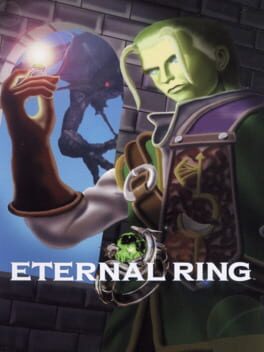
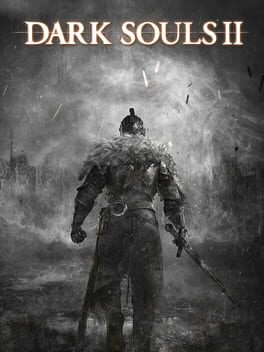




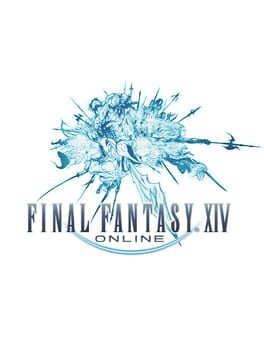
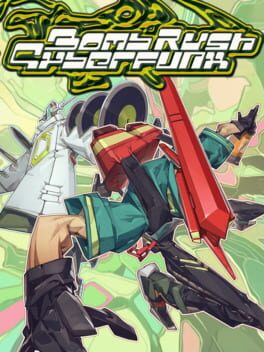
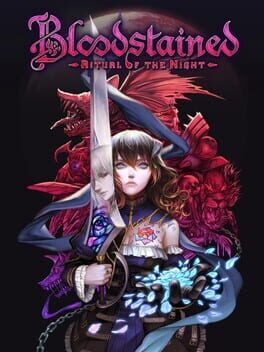
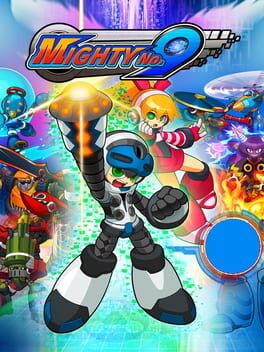


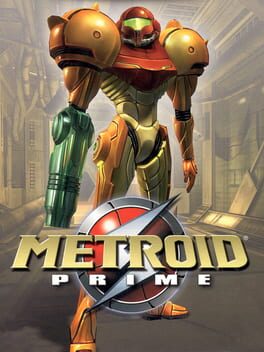

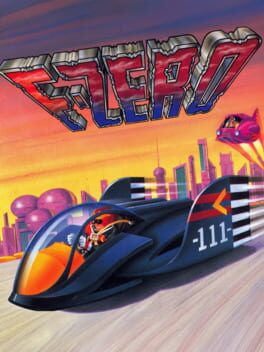
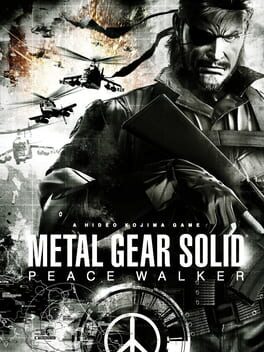




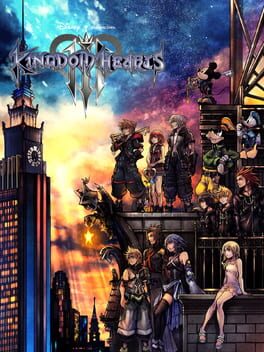
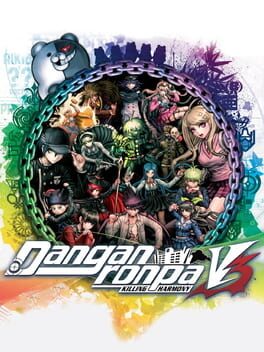
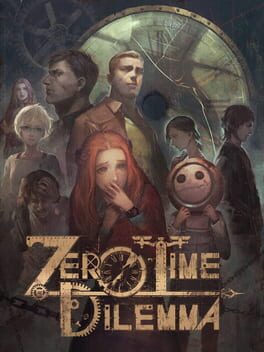
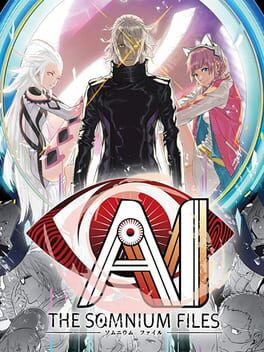
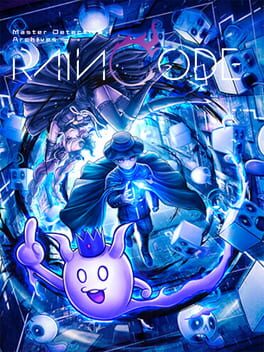
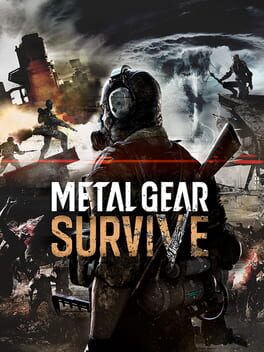
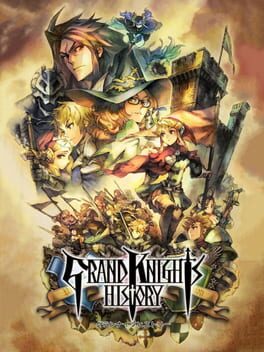
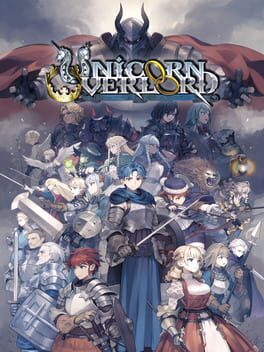
_YALP
2 months ago